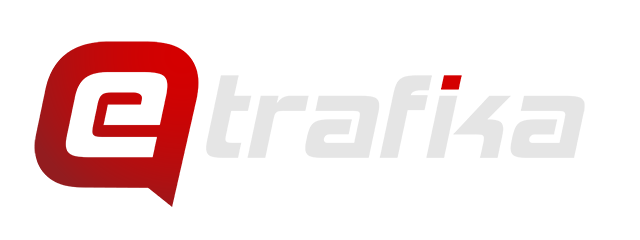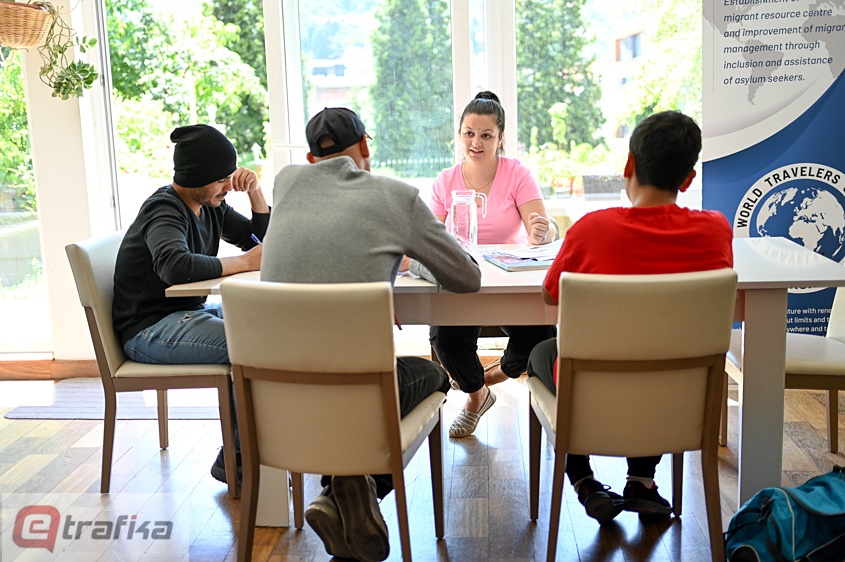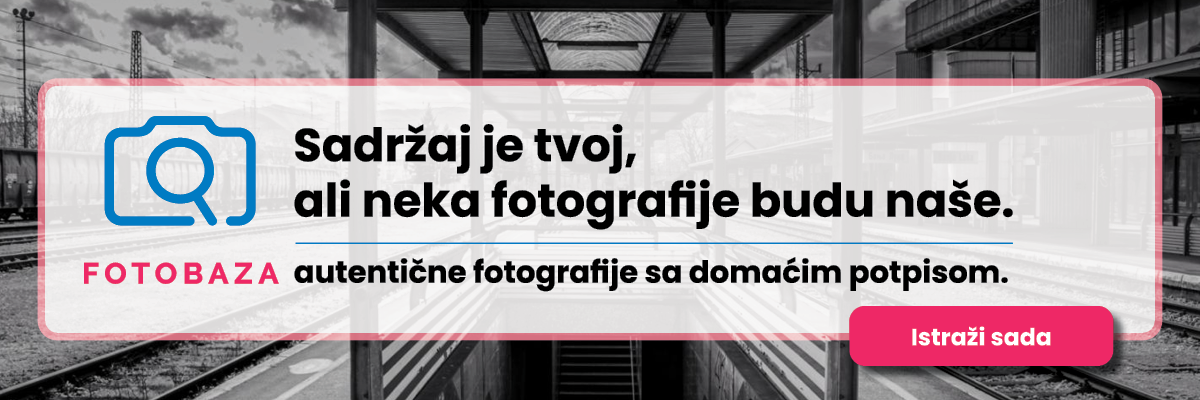Wanting to do more for the people who are constantly on the move than just providing them with first aid, food and clothes, Sanela Klepic decided to move from her place of birth, Kljuc, to Sarajevo and to open INTERGreat Daily Integration Centre there. The Centre which offers a range of services to refugees and migrants, helping them to integrate into a local community. In the meantime, some of them have found employment and are hoping to be granted an asylum.
Written by: Vanja Stokic; Photo and video: Ajdin Kamber
She came up with the idea of opening the Centre quite spontaneously. For several years, Sanela volunteered in the Kljuc Red Cross, helping refugees and migrants on the end border of the Una-Sana Canton. Just by chance, that border is located close to her home, therefore she could see the police every day stopping the buses and ordering the people to get out in order to prevent their further movement towards Bihac and Velika Kladusa.
„There were three of us at the beginning. We were trying to provide emergency care, as we called it. It involved the distribution of food, hygiene, first aid, psycho-social support, redirecting vulnerable groups to the camp, and everything else that was required at that particular moment. It was very intensive and hard work, I was literally in the field all the time. And it was the end of the road, the end of the highway, where there was nothing around”, Sanela recalls the beginning of her activism.
She was working as a school teacher back then. She would spend her free time volunteering and establishing better assistance program. Today, there is a wooden building there, with beds and showers. She realised that these people also had some other needs, apart from the basic ones.
„Over time, during these three years, I met a lot of people, I saw many of them simply being stuck in BiH longer than they had planned. Immediately upon reaching BiH, some of them would say that they liked it here, and that they might apply for asylum”, she says.
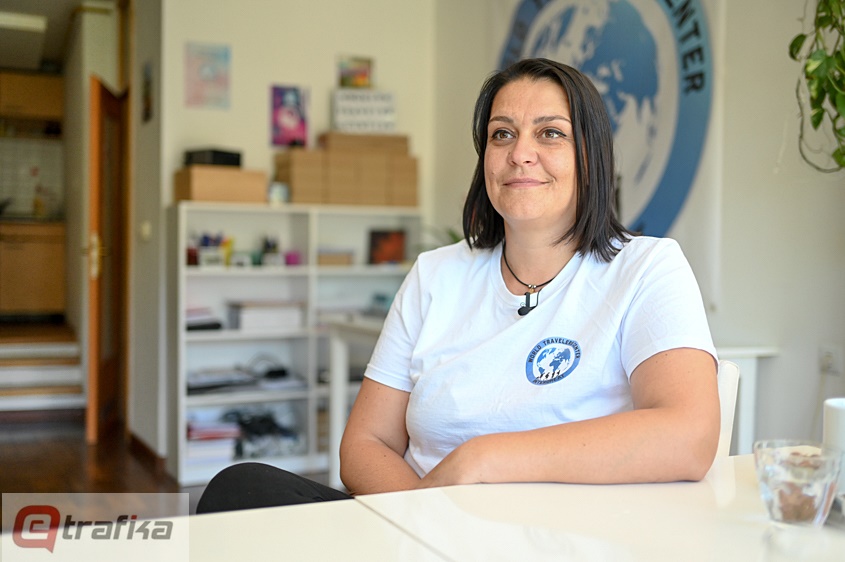
But soon she realised how many obstacles these people, who are on the constant move, face. For them it is impossible to find an apartment in Bosnia and Herzegovina, to find a job and stay here. There are specific problems related to the process of applying for asylum and obtaining a work permit.
„We were helping a Syrian man, I went through the entire process with him. The first was for him to find an apartment, then to register his temporary residence at that address, and then to get an employment. When he found a job, he worked for three months but he could not receive a salary as no bank wanted to open a bank account for him. All the banks asked for his passport, as they did not accept his yellow card, despite the fact that it was a valid document in BiH. As an asylum applicant, a person has a certain status. So, this lasted for three months, we approached every single bank in BiH, and in the end we succeeded with the Central Bank. Now this is a common practice, whereas three years ago it was unimaginable”, Sanela recalls.
Being aware that no local institution or organisation would help her open the Centre, she approached the donors from Germany and Austria, who were supporting her volunteering work in Kljuc. With their assistance, she rented a house in Sarajevo, and hired English and Bosnian language teachers. Soon after that, she registered her organisation.
„In my opinion, three years were already lost, because something like this Centre did not exist. I realised that these people had no more time to lose. The capacity was low, and from the beginning I knew that I could not gather a lot of them here. I told myself that quality is more important than quantity, so I decided to gather a smaller group, and achieve something for them through my intensive engagement. From providing safe housing, helping them with rent payment, education, finding a job. Until I could see that that person was employed and could live on his own. That was my primary goal. To see them go through a process which would last for a year or two years, or as long as it takes for someone to be able to live independently and pay the rent by himself. Only then can I say my work is finished”, she explains.
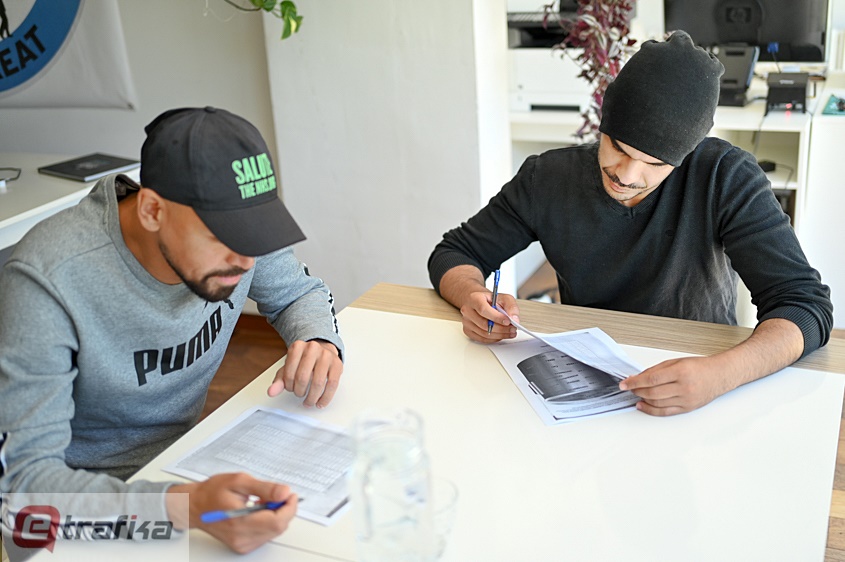
At the moment, the Centre is helping a group of about twenty people, whom they support with legal and medical aid, safe housing, education, cultural-social integration. In addition, they have beneficiaries who only need food, or money for paying one month rent so that they would get off the street. All of them have access to psychological help here.
„So, it all depends on their needs. Somehow, there are not many people in BiH who work in the field and help others. We, who do that, can be counted on the fingers of one hand. All these organisations are known to each other, we also know the people who are doing the field work and who are helping us. Thus, there is a network of us, volunteers. And this activism has spread. As soon as I started doing this, others would join me and help me. They participated in the distribution of food and other stuff, providing showers, but formal support was missing. Especially legal aid in the process of asylum application, and other similar things”, she adds.
From the very start, the focus was put on people not staying in the camps, due to various reasons. Most of them belong to vulnerable groups, such as LGBTIQ community or single mothers. For them, the biggest challenge is to find a job, regardless of whether they intend to stay in BiH for good, or just temporarily.
„Then I came up with the idea of social entrepreneurship. The idea was to get engaged in tourism, because Sarajevo is a tourist city and that is where I saw the potential. We decided to rent an upper flow of our Centre to the „Airbnb“, and then from the money I would get from tourists who were renting this floor of ours I managed to cover the rental costs of those who were living on the streets. Then this started to develop more and more. At the moment we have two locations we are renting out and through this rent we earn money and cover the mentioned costs. Apart from that, these two locations provide employment to our beneficiaries”, Sanela explains.
Currently the Centre employs one man who takes care of apartments and another one who is responsible for graphic design and promotion.
„We are all a team, and everything we do we do it together with them. I am trying to give them a chance to earn pocket money and to learn how to do the job. The person who has worked for me for a year is well trained and could work now in any hostel or hotel, because he speaks three languages and knows everything that this job requires. I am convinced that we have trained him for a job that is quite spread throughout BiH”, she points out.
Moreover, the Centre offers these people something more valuable than all these services. It offers them a feeling of belonging. A feeling that someone accepts them for what they are. It is possible to see the difference in them in comparison to the time before the Centre was opened.
„There was a young man, who was so insecure that while travelling by the tram he would put on a big cap, as well as the mask to hide his face so that no one would recognise him. He avoided any kind of communication with anybody, he was so afraid. He never dared to go out and have a coffee somewhere because he feared the rejection, was afraid that he would be kicked out of the coffee bar. Now he has reached that stage where he is a completely outgoing person, who goes out by himself to a coffee bar. It is only now that I can see him as a normal human being, he has „bloomed“ just because he has opened up and has showed his nice personality”, she explains.
Most of those who are beneficiaries of this Centre had to adapt at first. After living on the streets for several years, it is quite a change to live in the apparent and not to have to worry about how to survive. They can now focus on their personal development, education and on acquiring new skills.
„Every day I receive calls from different companies looking for workers, so some of them will finally get an opportunity to work now. There is a guy who will start to work for one company tomorrow, while two more are in the process of final arrangements. That means we will manage to have three of them employed over the next few days”, she explains.
As we talk, there are Ahmad from Egypt and Bandar from Saudi Arabia sitting next to us. They are quiet, but we can see a great respect they have for Sanela.
„I have been alone throughout my journey. It is difficult when you are alone. I was living on the street. I did not know what to do, I had no food. I tried to find a job, but it was hard. Then I came to this Centre and Sanela offered me health care, food and the like. This Centre actually gave me everything. And all I wanted was to have a normal life. She gave it to me”, says Ahmad.
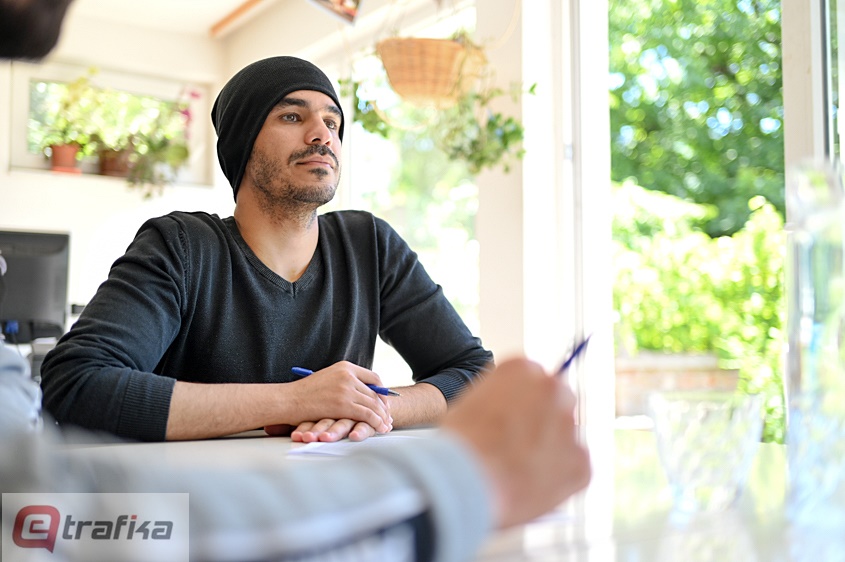
He explains that he feels like having friends here. Bandar says the same. He has been at the Centre for a year. He is employed here. For him, asylum means better position, greater rights.
„I distribute food and clothes. Sometimes clean apartments. Of course I like it here. Sanela supports us all. She provides food for us, education, sometimes gives us money. She finds places for us to live. As a migrant, as a human being, I had no self-confidence before. We received psychological assistance here. This helped us gain more self-confidence. To openly talk to people outside this Centre”, he explains as he is taking us on a tour of the apartments he takes care of.
He can picture himself living in BiH. He would like to be an interpreter. Perhaps an activist.
„I would like to be the voice of those who do not have one. To show others who migrants are. Sometimes we have a feeling that others are afraid of us”, he tells us.

